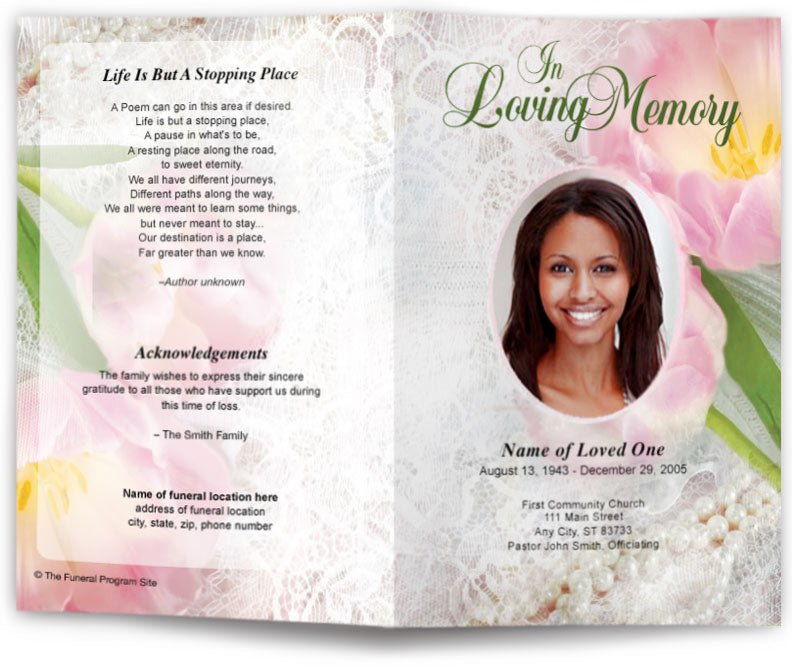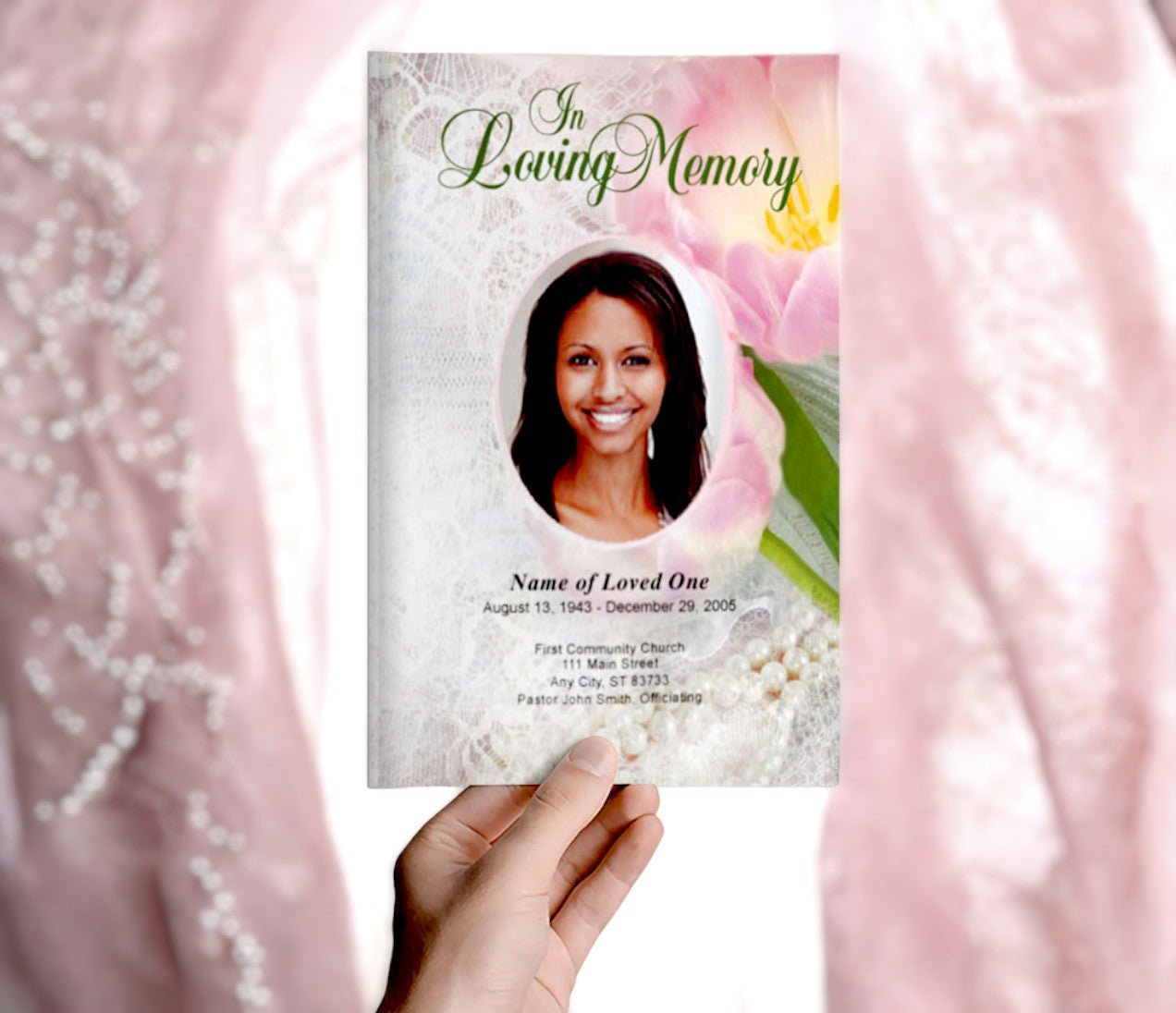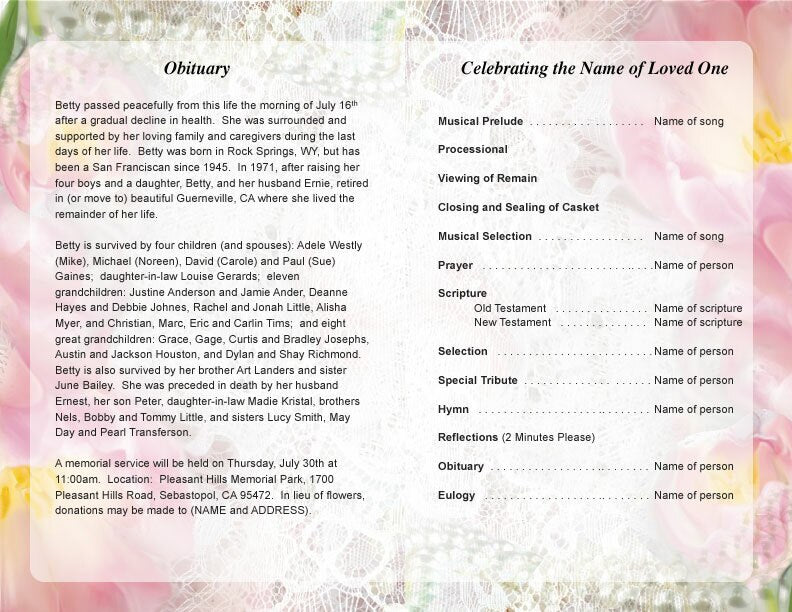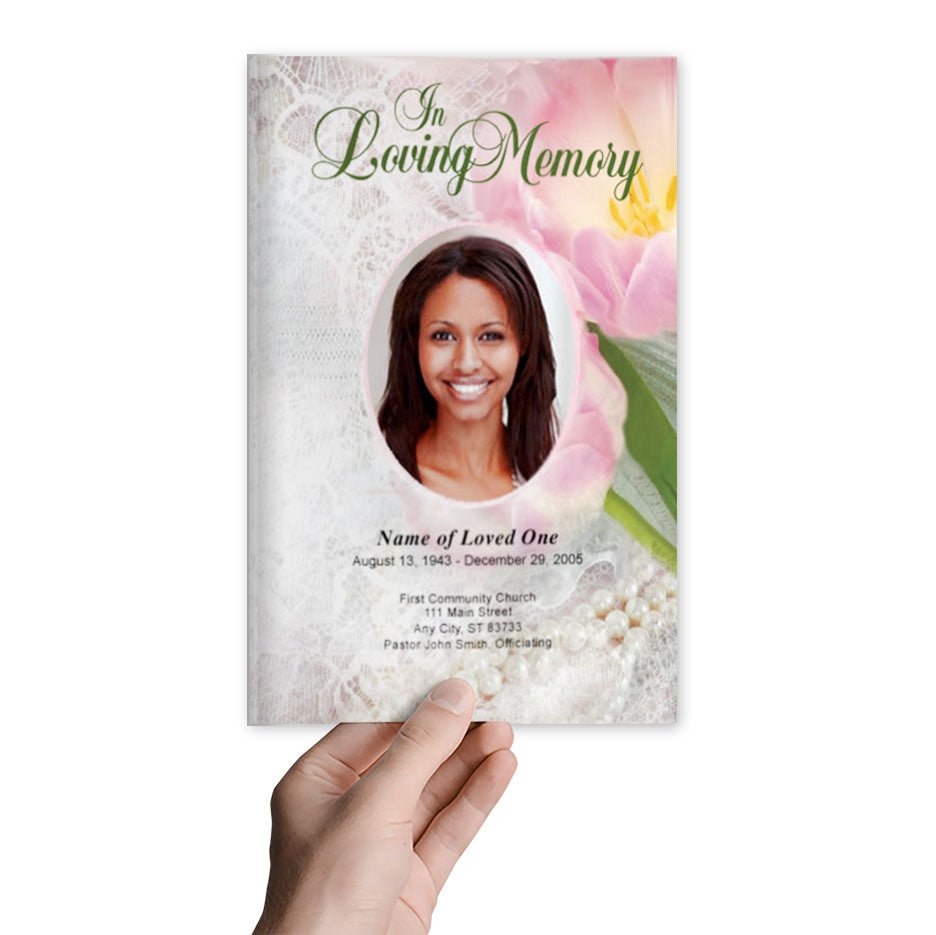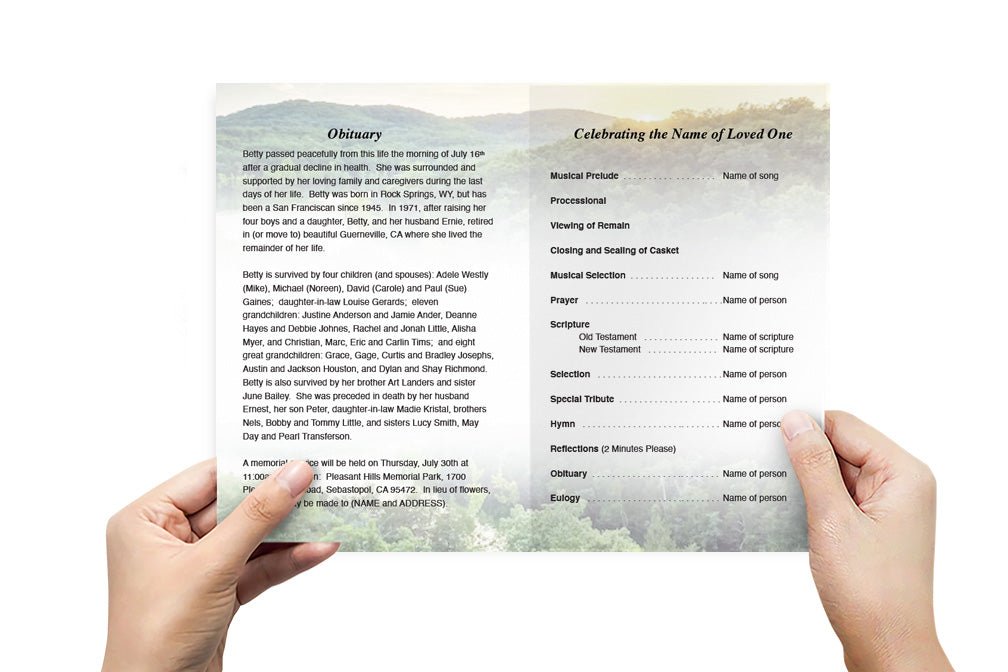What Is A Funeral Service?

Understanding the Meaning and Purpose of Funeral Services
A funeral service is a formal ceremony or gathering held in honor of a deceased person, providing an opportunity for family, friends, and the community to come together to pay their respects, remember the deceased, and support each other in grief. Funeral services are a significant part of many cultures and religions, offering a chance to reflect on the life of the person who has passed away and to begin the process of saying goodbye. They can be customized in various ways to suit the beliefs, traditions, and wishes of the deceased and their family.
The Purpose of a Funeral Service
The primary purpose of a funeral service is to honor and celebrate the life of the deceased while providing a supportive environment for mourners to express their grief and find comfort. Funerals serve several important functions, including acknowledging the reality of death, providing a structured way for people to come together and offer condolences, and allowing for a meaningful farewell. They also help mourners begin the process of accepting loss, which is an essential step in the grieving journey.
Key Functions of a Funeral Service
- Honoring the deceased's life and legacy
- Providing closure and a sense of finality for loved ones
- Offering emotional support and comfort to the bereaved
- Creating a communal space for sharing memories and stories
Types of Funeral Services
Funeral services come in various forms, depending on cultural, religious, and personal preferences. Some of the most common types include traditional funerals, memorial services, graveside services, and celebration of life ceremonies. Each type has its own distinct elements and may be customized to reflect the beliefs, values, and personality of the deceased. For example, a traditional funeral often includes a viewing or visitation, a formal service, and a burial, while a memorial service may be less formal and held after the burial or cremation.
Popular Types of Funeral Services
- Traditional Funeral: Involves a viewing, a formal ceremony, and burial or cremation.
- Memorial Service: Focuses on remembering the deceased and is held without the body present.
- Graveside Service: Conducted at the burial site, typically after a small service at a funeral home or church.
- Celebration of Life: A more personalized and less formal ceremony focusing on celebrating the deceased's life.
Components of a Funeral Service
A funeral service typically consists of several components, including a welcome or opening statement, readings (such as scripture, poetry, or eulogies), music, and a closing or farewell. The structure and content of the service can vary significantly based on cultural traditions, religious beliefs, and personal preferences. Many services also incorporate elements like photo slideshows, video tributes, or memory boards to make the event more personal and meaningful.
Common Elements of a Funeral Service
- Opening remarks or welcome statement by a clergy member or celebrant
- Readings from religious texts, poetry, or personal writings
- Musical selections, including hymns, songs, or instrumentals
- Eulogies and tributes from family and friends
- A closing or farewell message to provide comfort and closure
What Is A Funeral Service Conclusion
Funeral services play a vital role in helping people cope with loss and honor the deceased's life. By understanding the different types and components of a funeral service, families can create a meaningful and personalized ceremony that reflects their loved one's values, beliefs, and unique life journey.
© The Funeral Programs Site - Funeral Program Templates and Cancer Ribbons










